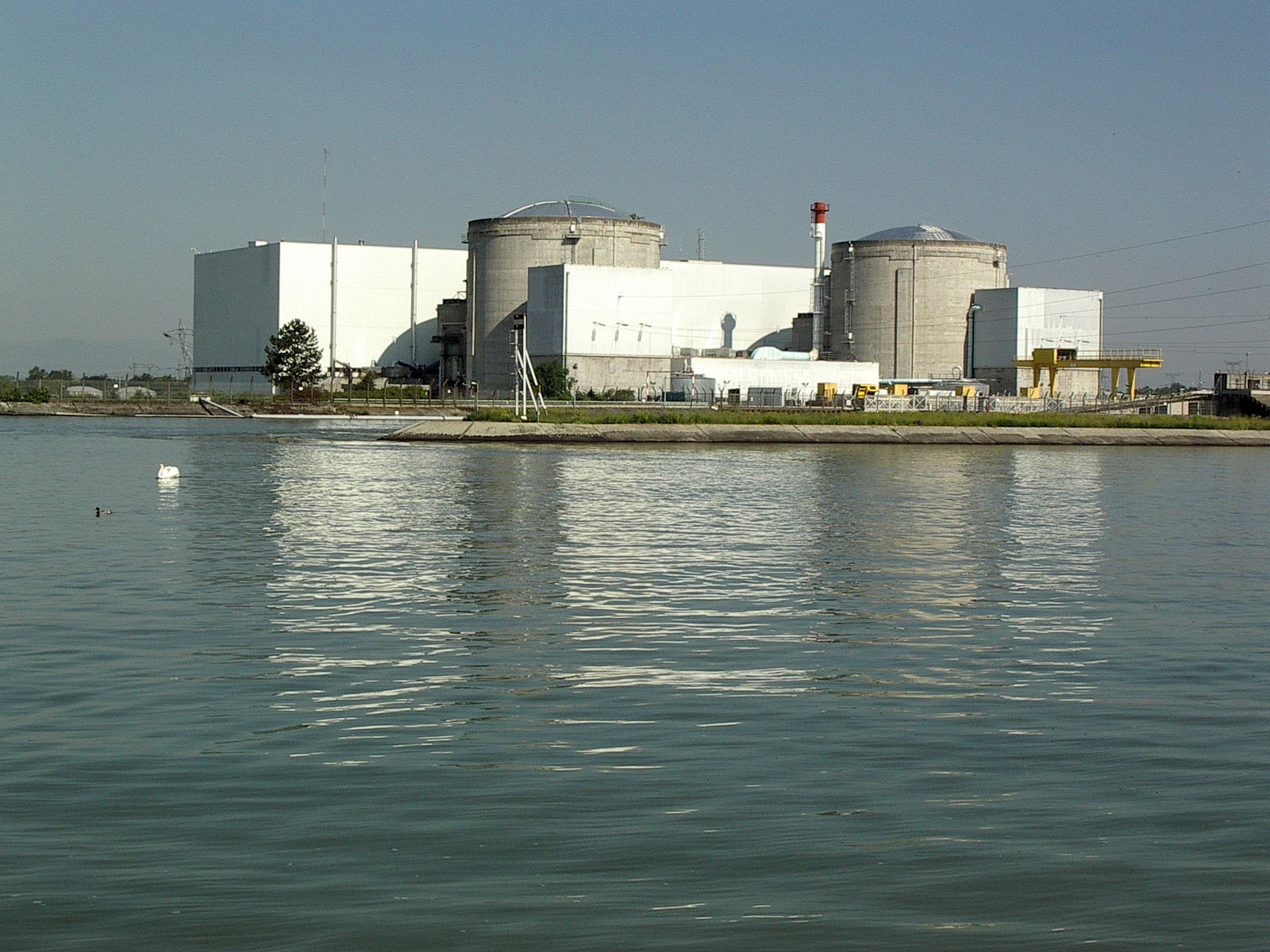France begins winding down its reliance on nuclear power
France began shutting down its oldest nuclear plant last month after 43 years of operation, the first in a series of closures the government has proposed though the the country won’t altogether abandon its reliance on nuclear power.
France began shutting down its oldest nuclear plant last month after
43 years of operation, the first in a series of closures the government
has proposed though the the country won’t altogether abandon its
reliance on nuclear power.
Yet the closure of the two reactors at the Fessenheim plant along the
Rhine River on France’s border with Switzerland and Germany, is part of
a broad energy strategy to rely more on renewable energy sources.
That strategy would see French dependence on nuclear energy from
supplying three-quarters of its electricity to about half by 2035.
The shutdown has also been a key goal of anti-nuclear campaigners
since the Fukushima disaster in 2011. Experts have noted that the
reactors at Fessenheim, brought online in 1977, fall far short of even
those reactors at Fukushima, with some warning that seismic and flooding
risks in the Alsace region have been underestimated.
Data: 01.03.2020
Fonte: www.bellona.org




















Nessun commento:
Posta un commento